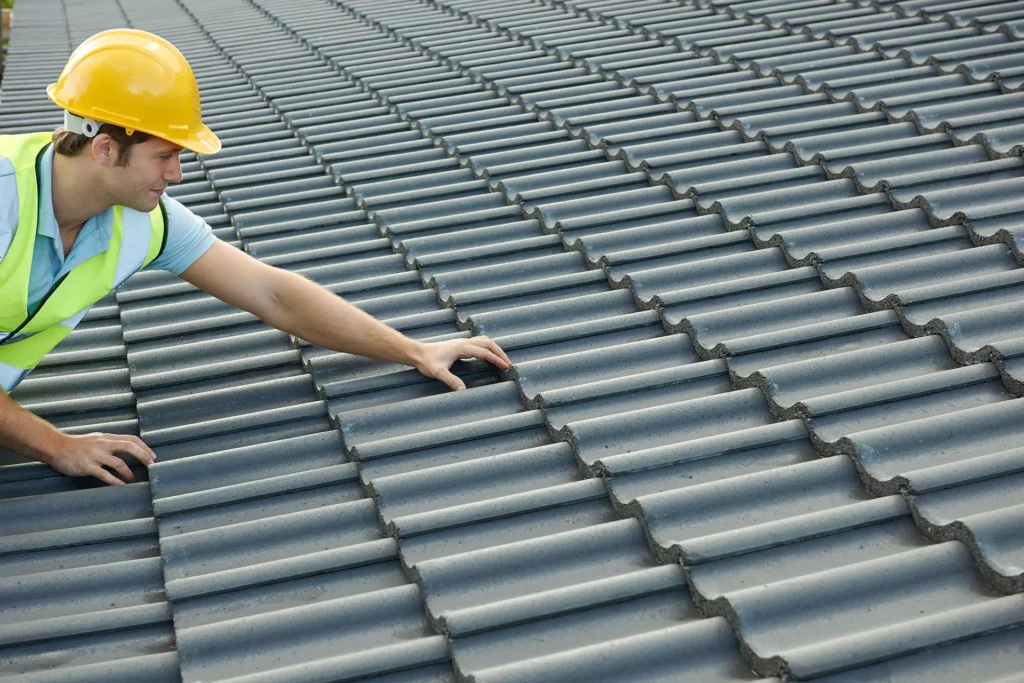Property owners expect professional workmanship and reliable results when hiring roofing contractors in Bromley. However, mistakes can occasionally occur during a roofing project. Determining who is responsible for these errors involves examining Roofing Contractors, warranties, local laws, and the nature of the mistake itself.
The Role of Roofing Contractors
Roofing contractors are hired for their expertise in installing, repairing, and maintaining roofs. They are responsible for:
Quality Workmanship:
Ensuring that all work meets industry standards.
Compliance with Regulations:
Adhering to building codes and safety protocols in Bromley.
Use of Approved Materials:
Selecting high-quality materials suitable for the specific roofing project.
Contractors who fail to meet these obligations can often be held accountable for any resulting mistakes.
Types of Mistakes
Mistakes can vary in severity and impact, including:
Installation Errors:
Incorrectly fitted shingles, poor flashing, or improper sealing that leads to leaks.
Structural Issues:
Damage to the roof’s integrity due to improper load distribution or failure to address existing structural problems.
Material Defects:
Using substandard materials that wear out prematurely.
Safety Violations:
Accidents caused by negligence or failure to follow safety protocols.
Understanding the nature of the mistake is critical to determining responsibility.
Who is Responsible for Mistakes?
Roofing Contractors
In most cases, the roofing contractor is responsible for mistakes directly related to their work. Key factors include:
Breach of Contract:
They can be held liable if the contractor fails to deliver on agreed-upon terms.
Negligence:
Carelessness or lack of skill that results in subpar work.
Warranty Coverage:
Most professional contractors provide warranties covering defects in workmanship and materials.
Homeowners
In some situations, homeowners may share responsibility. For example:
Pre-Existing Conditions:
The contractor may not be liable if the homeowner fails to disclose structural issues or existing roof damage.
Unreasonable Demands:
Insisting on cheaper materials or shortcuts can lead to problems, which may shift responsibility to the homeowner.
Material Suppliers
If the issue stems from defective materials, the responsibility may fall on the supplier or manufacturer. Contractors are not typically held accountable for defects in materials they did not produce.
Shared Responsibility
In complex cases, responsibility may be shared among multiple parties. For instance, if a contractor improperly installs a defective material, the contractor and supplier may be at fault.

Addressing Mistakes
When a mistake occurs, it’s essential to follow a structured process to resolve the issue effectively:
a. Review the Contract
Start by examining the contract or agreement signed with the contractor. It should outline:
- Scope of work.
- Payment terms.
- Warranty details.
- Resolution procedures for disputes.
A well-written contract often simplifies the process of assigning responsibility.
b. Document the Issue
Photographs, videos, and detailed notes about the mistake should be taken. This documentation will be used as evidence in discussions with the contractor or, if necessary, legal proceedings.
c. Contact the Contractor
Inform the roofing contractor of the problem promptly. Most professionals will address mistakes as part of their commitment to customer satisfaction.
d. Invoke Warranties
If a warranty covers the issue, the contractor or material supplier should repair or replace the defective work or materials at no additional cost.
e. Seek Mediation
If the contractor disputes responsibility, mediation or arbitration may help resolve the issue without legal action.
f. Legal Action
As a last resort, homeowners can pursue legal action to recover damages. This step requires thorough documentation and, often, the assistance of a solicitor experienced in construction disputes.
Preventing Mistakes in Roofing Projects
Prevention is always better than cure. Homeowners can reduce the likelihood of mistakes by taking the following precautions:
a. Choose a Reputable Contractor
Hire a licensed and insured roofing contractor with positive reviews and a strong reputation in Bromley.
b. Sign a Comprehensive Contract
Ensure the contract includes clear terms about responsibilities, warranties, timelines, and payment schedules.
c. Inspect the Work
Regularly inspect the progress of the project. Address concerns with the contractor immediately to prevent small issues from escalating.
d. Avoid Cutting Corners
While budget considerations are important, opting for unqualified contractors or substandard materials often leads to more significant expenses in the long run.
Legal and Insurance Considerations in Bromley
a. Building Regulations
Contractors must comply with local building regulations. Non-compliance can lead to penalties, and the contractor typically bears the responsibility.
b. Insurance Coverage
Homeowners should ensure contractors carry liability insurance to cover damages caused during the project. Additionally, the homeowner’s insurance policy may provide some protection in disputes.
Conclusion:
Mistakes in Roof Replacement roofing projects can be stressful, but identifying responsibility and resolving the issue is achievable with the right approach. Roofing contractors in Bromley are generally accountable for errors in workmanship, provided factors outside their control do not cause them. Homeowners can minimise risks by choosing a reliable contractor, signing a detailed contract, maintaining good communication and ensuring their roofing project succeeds.

